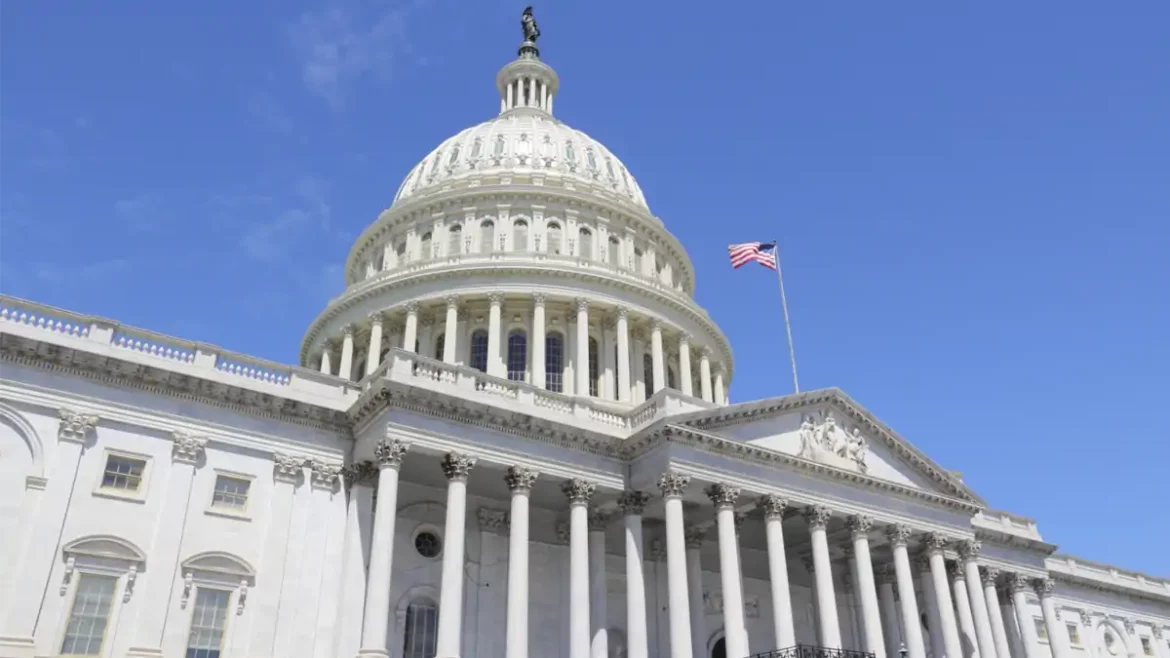The United States has reached a daunting fiscal milestone with its national debt surpassing $34 trillion for the first time, as per the latest data from the Treasury Department. This record-breaking figure reflects the cumulative borrowing by the federal government and highlights a concerning trend in the nation’s fiscal health, especially considering it comes just three months after the debt exceeded $33 trillion.
Amidst this rising debt, the political landscape in Washington remains sharply divided. Republicans and Democrats clash over the causes and solutions to this financial predicament. While the GOP criticizes the Biden administration’s extensive spending programs, Democrats attribute the fiscal imbalance to the tax cuts enacted during the Trump administration. Additionally, expensive COVID-19 relief packages, passed under both administrations, have significantly contributed to the debt increase.
The implications of this growing debt extend beyond domestic policy disputes. International perspectives on U.S. economic stability are shifting, as evidenced by actions taken six months ago. During this period, China continued to reduce its holdings in U.S. Treasury debt to its lowest level in nearly 13 years. This move, along with reductions by other foreign holders, reflects a broader trend of decreasing international investment in U.S. debt.
Reacting to this fiscal challenge, White House spokesperson Michael Kikukawa highlighted the Biden administration’s plan to mitigate the deficit. The plan involves increasing taxes on the wealthy and large corporations and reducing wasteful spending, particularly in areas benefiting special interests. However, this approach is met with resistance, particularly from Republicans who are pushing for spending cuts as part of the fiscal year 2024 budget negotiations.
The escalation of the national debt has not only sparked intense political debate but has also led to concrete repercussions in the international financial market. Credit rating agencies like Fitch and Moody’s have expressed concerns, with Fitch downgrading the U.S. sovereign debt rating and Moody’s warning of potential further downgrades. This situation underscores the gravity of the debt issue and its impact on America’s economic credibility.
As the U.S. grapples with this burgeoning debt, the call for decisive action grows louder. Suggestions range from creating a bipartisan debt commission, as proposed by House Speaker Mike Johnson, to implementing a mix of tax increases and spending cuts. The urgency of the situation is clear: without significant measures to address the debt, the U.S. faces not only economic challenges but also potential threats to its national security and global financial standing.


Leave a Reply